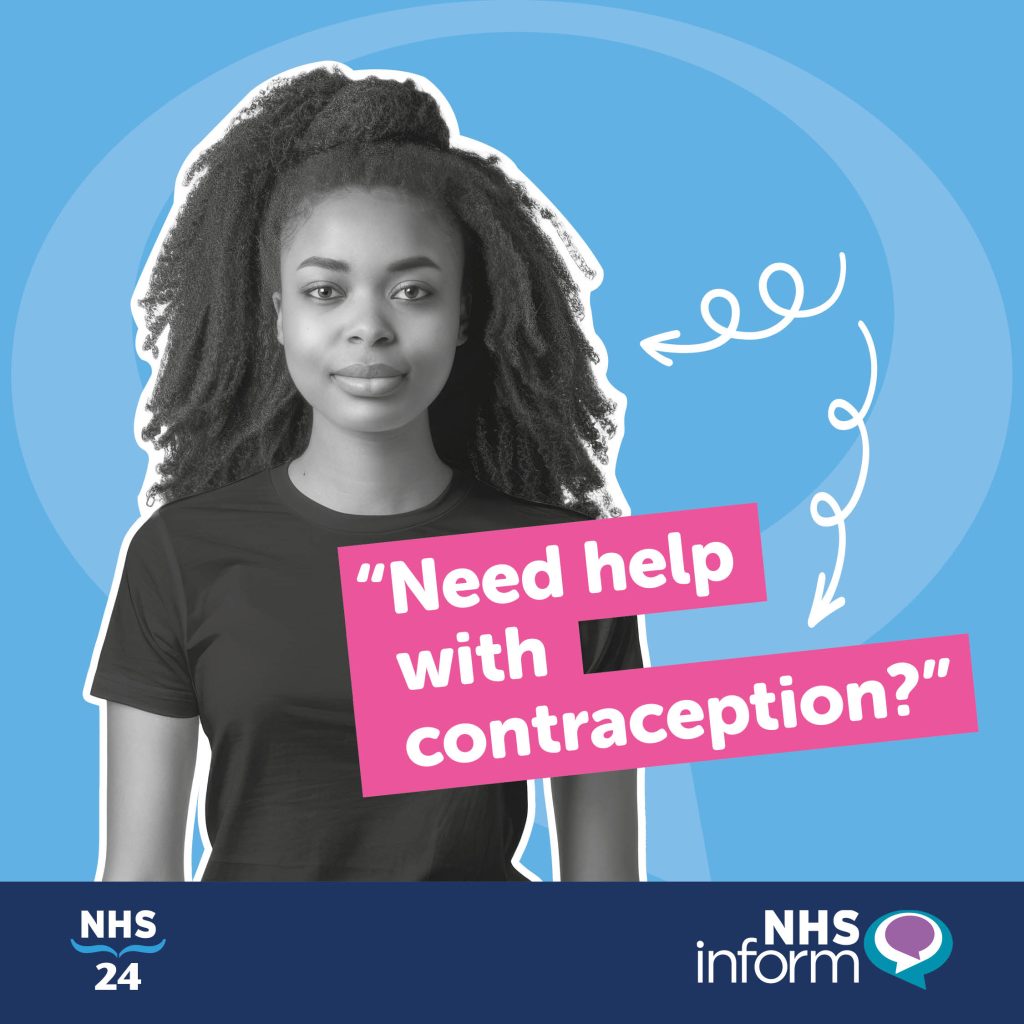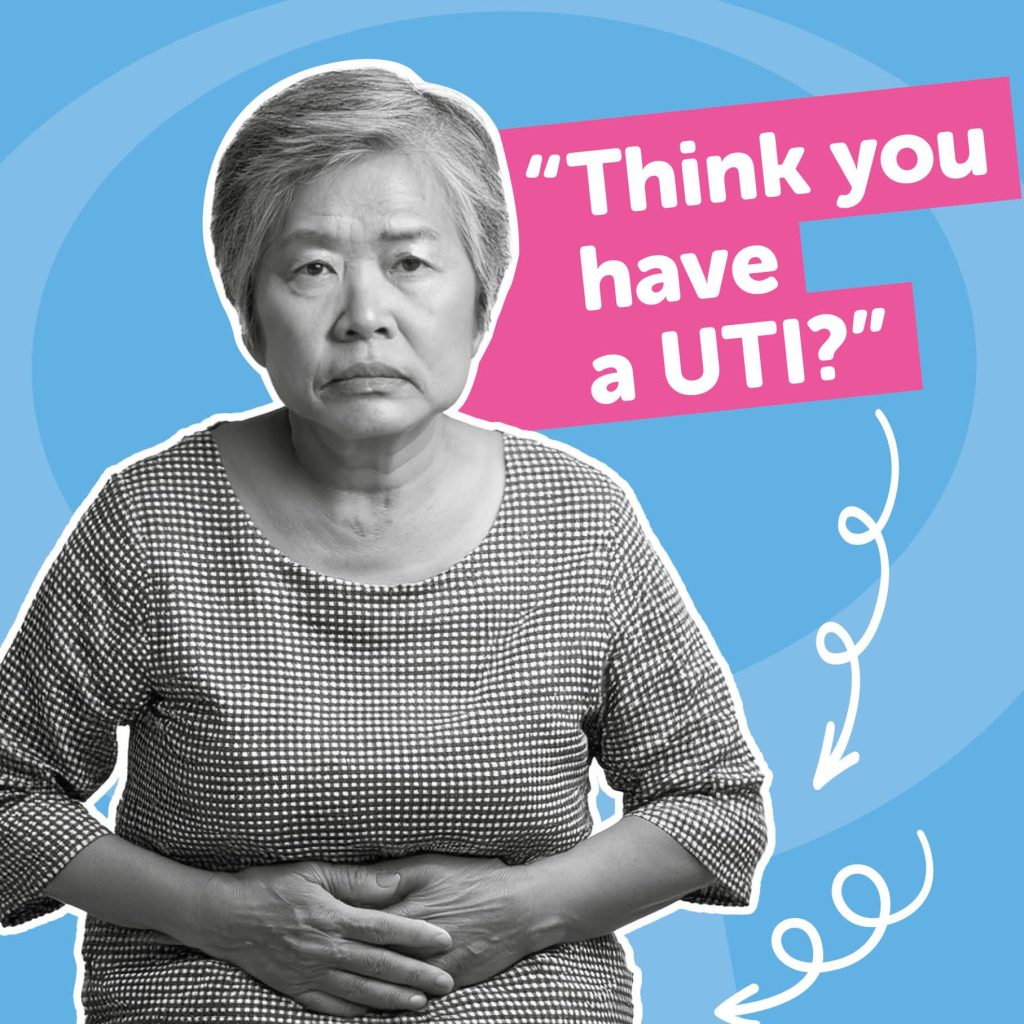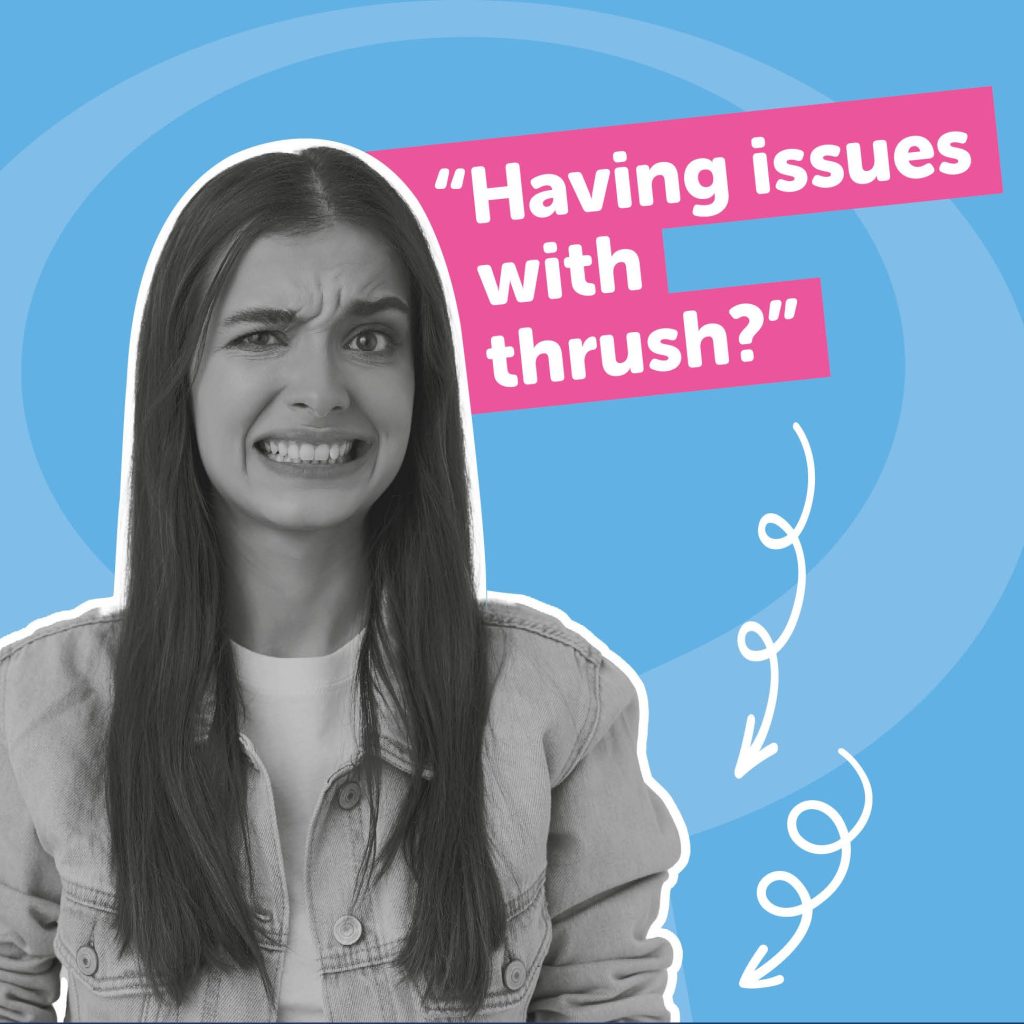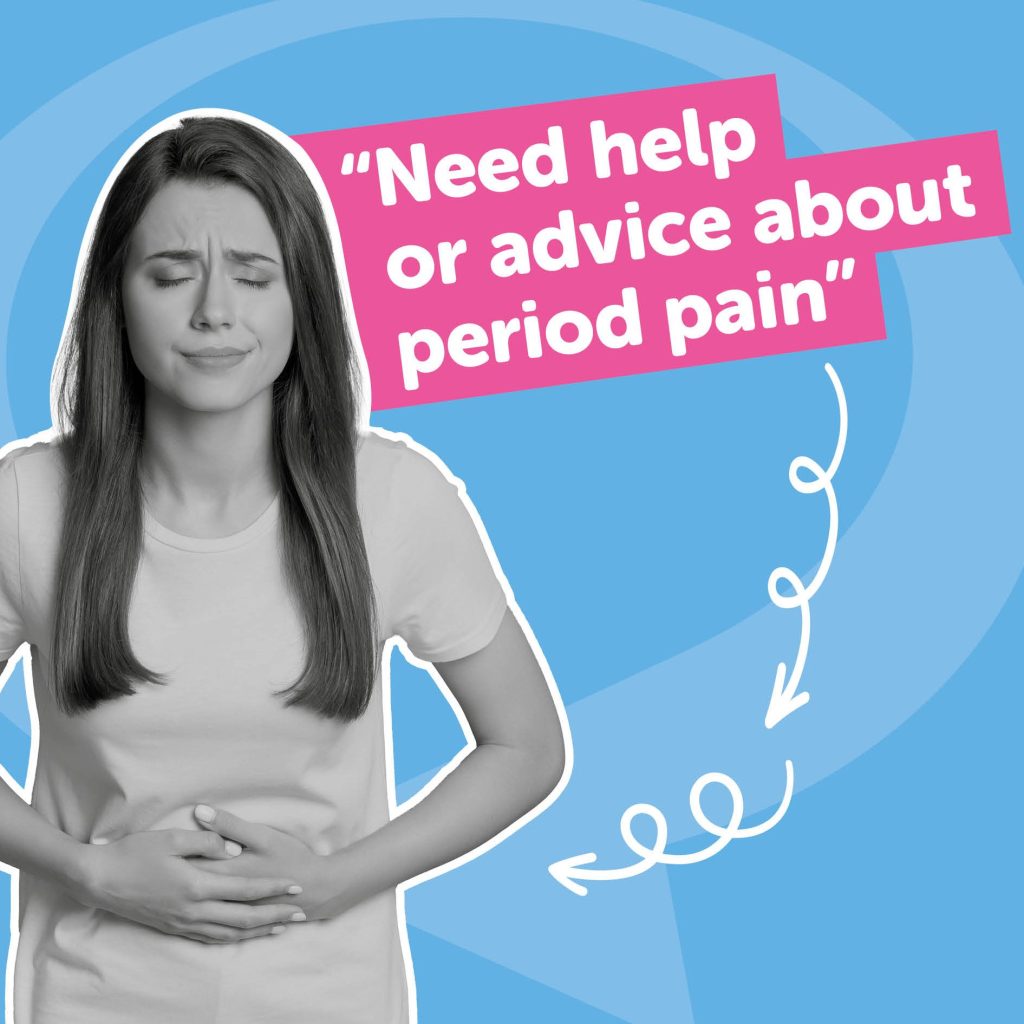The Pharmacy First service helps you access the right care in the right place, without having to go to your GP practice or local A&E department for non-urgent treatment. You can access care quickly and conveniently, usually without needing an appointment. You can use this service if you are registered with a GP practice in Scotland or if you live in Scotland. You can ask to speak privately with your pharmacist.
What the pharmacist can help women with
Pharmacists and their teams are experts in medicines and can offer help and advice on a range of common women’s health symptoms and conditions.
A pharmacist, or a member of the pharmacy team, can:
- give you advice to help manage symptoms
- suggest the best medicines or treatment
- provide some of the same treatment as a GP, where appropriate
- advise if you need to see a GP or another healthcare professional
Your pharmacist can offer advice and support about various health issues women commonly experience such as:
- urinary tract infections (UTIs)
- cystitis
- period symptoms (including period pain)
- thrush
- contraception
You don’t usually need an appointment and you can go to any pharmacy.
Some pharmacists have an additional prescribing qualification which allows them to prescribe a wider range of medicines, normally only available from your GP practice. If the pharmacist, or a member of their team, thinks it is better for you to see your GP or another healthcare professional, they may refer you directly or tell you to make an appointment.
Find your nearest pharmacy
Use Scotland’s Service Directory to find your nearest pharmacy.
Emergency contraception
You can ask to speak to a pharmacist if you need the morning after pill (emergency contraception) free of charge.
This can prevent pregnancy after you’ve had sex. It can be used when:
- you’ve had unprotected sex
- you’ve missed a pill
- you’ve had sex and a condom has burst
It should never be used as an alternative to normal contraception.

Bridging (short-term) contraception
Pharmacies can provide a temporary supply of the progestogen-only pill (POP). This is known as bridging contraception.
You can get bridging contraception from pharmacies if you’re between 13 and 55. The pharmacist will ask you some questions to make sure it’s right for you.
Other contraception available at pharmacies
Your pharmacist can also offer advice on other contraception available.
Condoms are available to buy at your local pharmacy – and some offer free condoms.
Also on NHS inform
Women’s health information including advice and support for periods, menopause, vaginal health, mental health.


